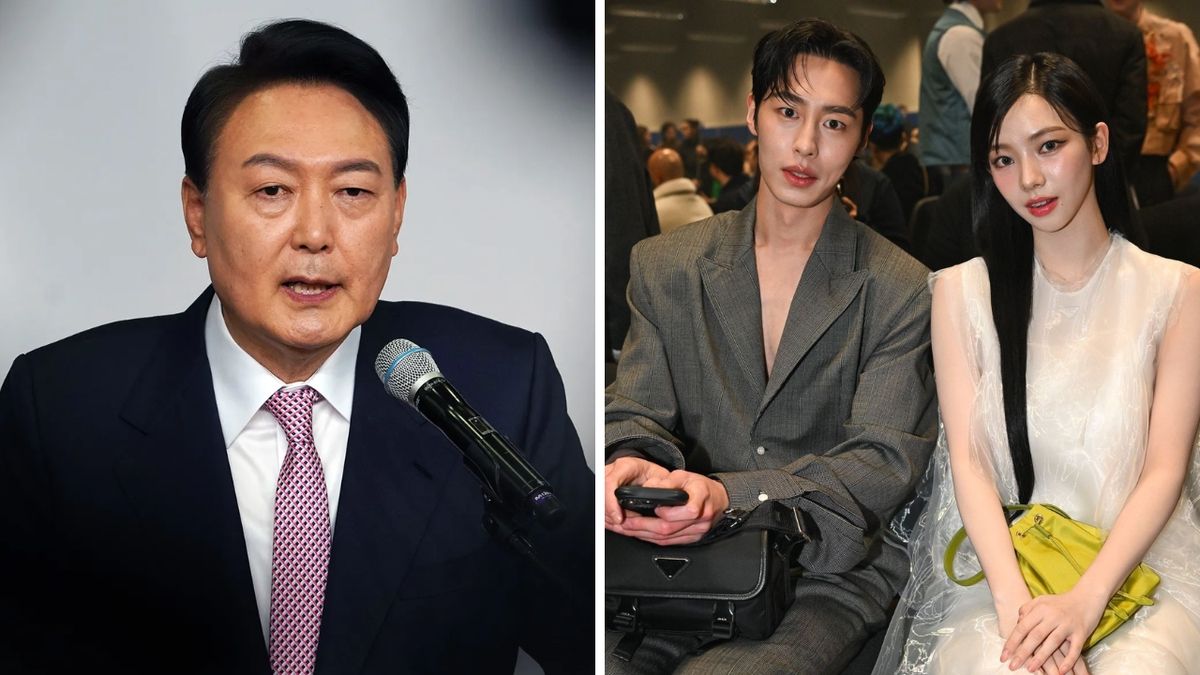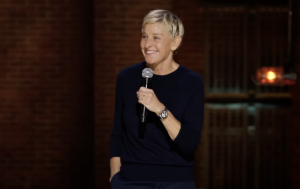
In a world where the lines between politics and pop culture increasingly blur, a recent development in South Korea has sparked widespread speculation and concern. At the heart of the controversy is President Yoon Suk-yeol, whose administration is now facing accusations of using celebrity gossip as a smokescreen to divert public attention from a pressing and contentious environmental issue: Japan’s planned release of nuclear wastewater into a shared ocean. This story unfolds against a backdrop of political maneuvering and a public increasingly wary of the implications of Japan’s environmental decisions on their own shores.
A Sudden Splash in the News Cycle
It was a Tuesday that seemed unremarkable until the headlines hit. The relationship between aespa’s Karina and actor Lee Jae-wook was suddenly laid bare for the public. The timing and rapid spread of this news story caught many off guard, prompting a flurry of online speculation. Netizens quickly pieced together a narrative, suggesting that the revelation was not merely about satiating the public’s appetite for celebrity gossip but served a more calculated purpose: to overshadow a significant political development concerning Japan’s nuclear waste management practices.
The Controversy at Sea
The core of the issue lies in Japan’s decision to release more nuclear wastewater into the ocean, a move that has been met with fierce opposition from various quarters, including environmentalists, neighboring countries, and a significant portion of the South Korean public. President Yoon Suk-yeol’s perceived amiable stance towards Japan has only fanned the flames of contention, with critics arguing that his administration’s policies may compromise South Korea’s environmental security and public health. The accusations suggest a strategic diversion, aiming to shift the public’s focus from a potentially damaging political issue to the private lives of celebrities.
Deciphering the Distraction
While the administration has not publicly addressed these accusations, the timing and nature of the news release have led many to question the ethical boundaries of political strategy. In an era where media consumption patterns can significantly influence public opinion and political discourse, the alleged use of celebrity news to manipulate the narrative raises critical concerns about transparency, accountability, and the role of the media in safeguarding the public interest.
The unfolding situation presents a complex tableau of interests, from the geopolitical tensions exacerbated by environmental policies to the intricate dance of public relations and political strategy. As the story develops, the eyes of the nation—and indeed, the international community—remain fixed on President Yoon Suk-yeol’s next moves, and whether the allegations of distraction will hold water or dissipate like yesterday’s news.





